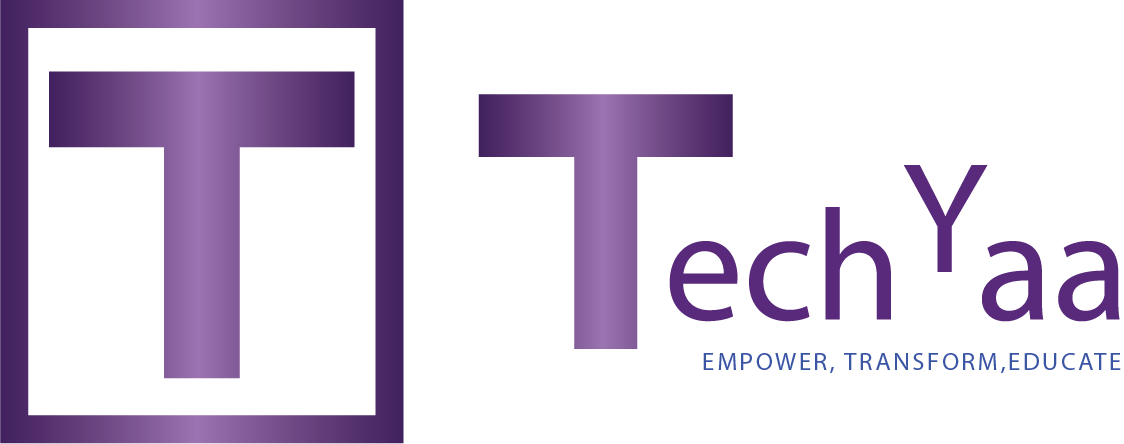Rust: Game-Changing Features Making It the Language of Choice
In recent years, Rust has emerged as a formidable contender in programming languages. Its unique features and robust capabilities have positioned it as the language of choice for many developers and organizations. In this post, we’ll explore the game-changing aspects of Rust that have propelled it to prominence.
1. Memory Safety Without Sacrificing Performance
Rust’s most notable feature is its ability to guarantee memory safety without compromising performance. By leveraging a sophisticated ownership system and a strict borrowing model, Rust eliminates common pitfalls such as null pointer dereferencing and memory leaks. This enhances the reliability of Rust code and results in faster, more efficient software.
Rust ensures memory safety through its ownership system, which ensures that each piece of memory has a single owner. This prevents issues like dangling pointers or double frees, common sources of bugs in other languages. Additionally, Rust’s borrowing rules allow for safe concurrent access to data, enabling developers to write highly parallelized code without data races.
For example, consider a scenario where multiple threads access a shared data structure. In languages without memory safety guarantees, this could lead to data corruption or undefined behavior. However, Rust’s ownership model ensures that only one thread can modify the data at a time, preventing data races and ensuring the integrity of the program.
2. Concurrency Without Data Races
Concurrency is crucial in modern software development but often introduces complexities like data races and deadlocks. Rust addresses these challenges through its ownership model, enforcing strict rules at compile time to prevent data races. Developers can write concurrent code with confidence, knowing it’s free from common concurrency bugs.
Rust’s approach to concurrency is based on ownership and borrowing. Instead of relying on runtime checks or locks for thread safety, Rust’s compiler enforces rules that prevent data races at compile time. This enables developers to write highly concurrent code without sacrificing safety or performance.
Consider a web server handling multiple requests concurrently. In traditional languages, developers often use locks to synchronize access to shared resources, which can lead to contention and performance bottlenecks. However, in Rust, the ownership model ensures that only one thread can access the data at a time, eliminating the need for locks and improving scalability.
3. Fearless Parallelism
Parallel programming can be daunting due to race conditions and synchronization issues. Rust’s fearless concurrency model empowers developers to embrace parallelism without fear. By leveraging constructs like the Send and Sync traits, Rust ensures safe, efficient parallel execution, ideal for high-performance computing tasks.
Rust’s approach to parallelism is grounded in ownership and borrowing. By statically enforcing rules to prevent data races, Rust’s compiler enables developers to write parallel code confidently. This allows for efficient utilization of multi-core processors without sacrificing safety or introducing hard-to-debug bugs.
Consider a scientific simulation that requires parallel processing of large datasets. In languages without memory safety guarantees, parallelizing such tasks can be challenging due to the risk of data races. However, in Rust, developers can leverage the language’s concurrency primitives to safely parallelize the computation, leading to significant performance improvements.
4. Zero-Cost Abstractions
Rust’s zero-cost abstractions enable developers to write high-level code without runtime overhead. With powerful compiler optimizations and minimal runtime, Rust delivers performance rivaling low-level languages like C and C++. Developers can focus on writing expressive, idiomatic code without sacrificing efficiency.
Rust achieves zero-cost abstractions through aggressive compiler optimizations and a minimal runtime. Leveraging techniques like inlining and monomorphization, Rust’s compiler eliminates abstraction overhead without sacrificing readability or maintainability. This allows developers to write high-level, high-performance code, making Rust an ideal choice for various applications.
Consider a networking library that abstracts away the complexities of low-level socket programming. In traditional languages, such abstractions often come with a performance penalty due to runtime overhead. However, in Rust, developers can create zero-cost abstractions that compile down to efficient machine code, ensuring optimal performance without sacrificing usability.
5. Ecosystem and Community Support
Beyond its technical features, Rust boasts a vibrant ecosystem and passionate community. Extensive documentation, package registries like crates.io, and active forums and meetups provide developers with the resources they need. Major tech companies like Mozilla, Microsoft, and Amazon have embraced Rust, solidifying its position as a language for reliable, performant software.
The Rust ecosystem is diverse and inclusive, with contributors worldwide building libraries, tools, and frameworks. Whether building system-level software, web applications, or game engines, Rust offers the power, reliability, and performance needed in today’s technological landscape.
Consider a developer looking to build a web application in Rust. They can leverage frameworks like Rocket and Actix Web, along with libraries like Diesel for database access. With comprehensive documentation and a supportive community, they can quickly get up to speed and build a robust, scalable application.
Rust’s game-changing features – memory safety, concurrency, parallelism, zero-cost abstractions, and strong ecosystem support – make it a popular choice for developers. Rust provides a modern, powerful toolkit for building reliable, efficient software.




